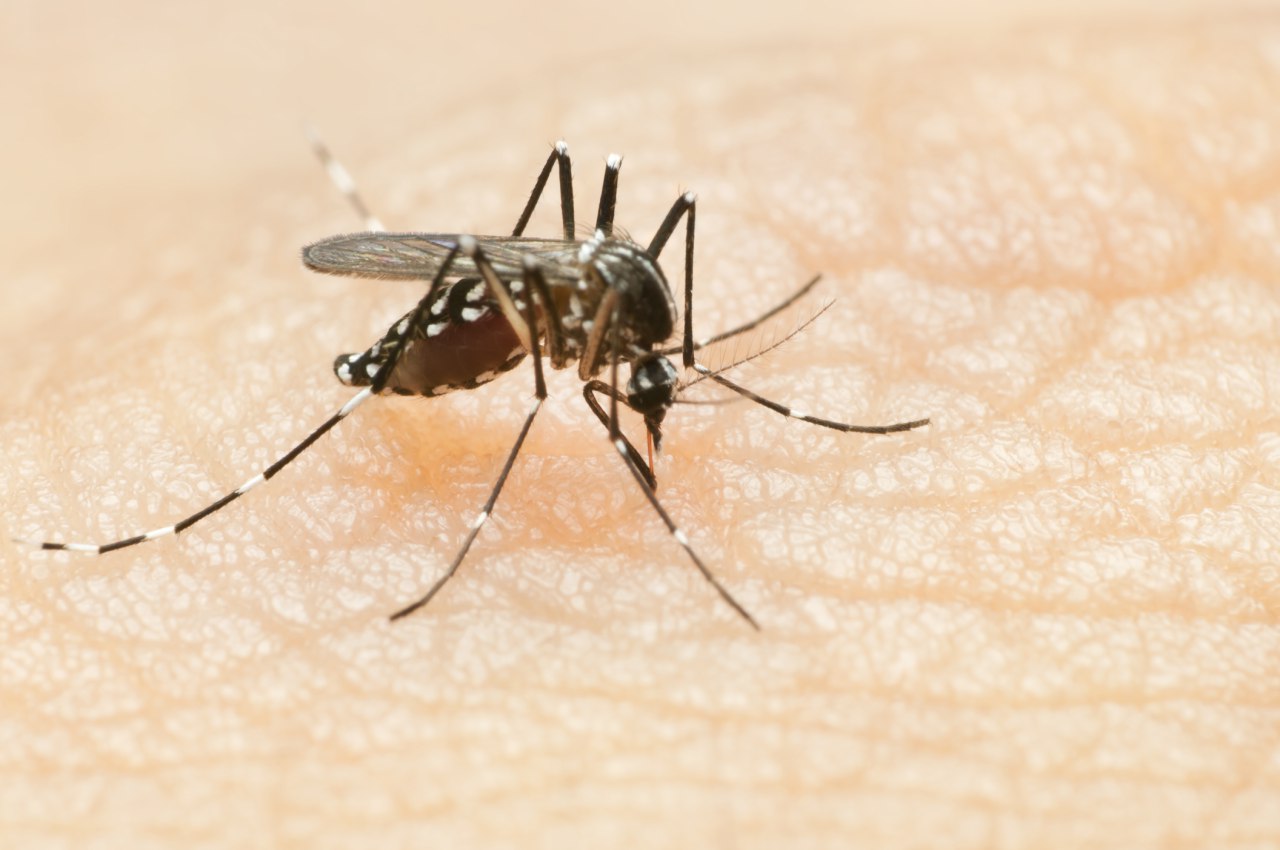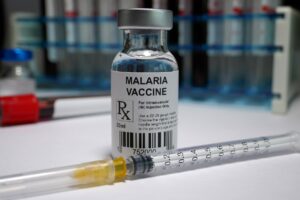Three new cases of malaria — one in Texas and two in Florida — are alarming officials because they were locally acquired, meaning a mosquito in the US was carrying the parasite.
That hasn’t happened since 2003 in Palm Beach County, Florida, according to the Centers for Disease and Prevention.
Almost all cases of malaria now seen in the US are from people who traveled outside the country, where they were exposed to disease-carrying mosquitoes.
But these three new cases — seen in people who hadn’t traveled abroad — raise fears that local mosquitoes could be spreading the disease to other people.
“It’s always worrisome that you have local transmission in an area,” Estelle Martin, an entomologist at the University of Florida who researches mosquito-borne diseases, told Vox.
Malaria spreads when a person carrying the parasite gets bit by a mosquito. The parasite develops inside the mosquito, which then bites another person — or several other people.
But people with the parasite in their blood don’t always have symptoms, making it easy for the disease to spread when an asymptomatic person is bit.
Symptoms of malaria include fever, shaking, chills, headache, muscle aches, nausea, vomiting, diarrhea and tiredness, according to the CDC.
If it’s not treated promptly, the infection can cause jaundice, anemia, kidney failure, seizures, mental confusion, coma and death.
Malaria can be treated when it’s diagnosed early enough and a vaccine is now available.
These recent cases show how a warming climate can raise the risks of diseases carried by mosquitoes, ticks or other insects (known as vectors).
Climate change is “definitely playing a role in vector-borne disease” throughout the US, said Martin.
Malaria-infected mosquitoes were found in a swampy area in Sarasota County, where one of the Florida cases occurred. Local officials then applied insecticides that kill adult and juvenile forms of the mosquito.
“We have been able to make sure the mosquito population in that area is extremely low,” Wade Brennan, a Sarasota County mosquito manager, wrote to Vox in an email.
The three recent cases could also have been caused by a traveler to another country who carried the disease back to the US, where they were bit by a mosquito that later bit one of the local individuals.
“We know in general that climate can be one of many factors that can impact vector-borne diseases,” a CDC spokesperson wrote to Vox in an email, but migration might be a more likely culprit.
“Today, global travel and trade allow vector-borne diseases to be moved around the world and transmitted by local mosquitoes or ticks,” the spokesperson explained, “especially in places where those diseases may have once been common.”



 Japanese
Japanese English
English French
French Hindi
Hindi Korean
Korean Arabic
Arabic Portuguese
Portuguese